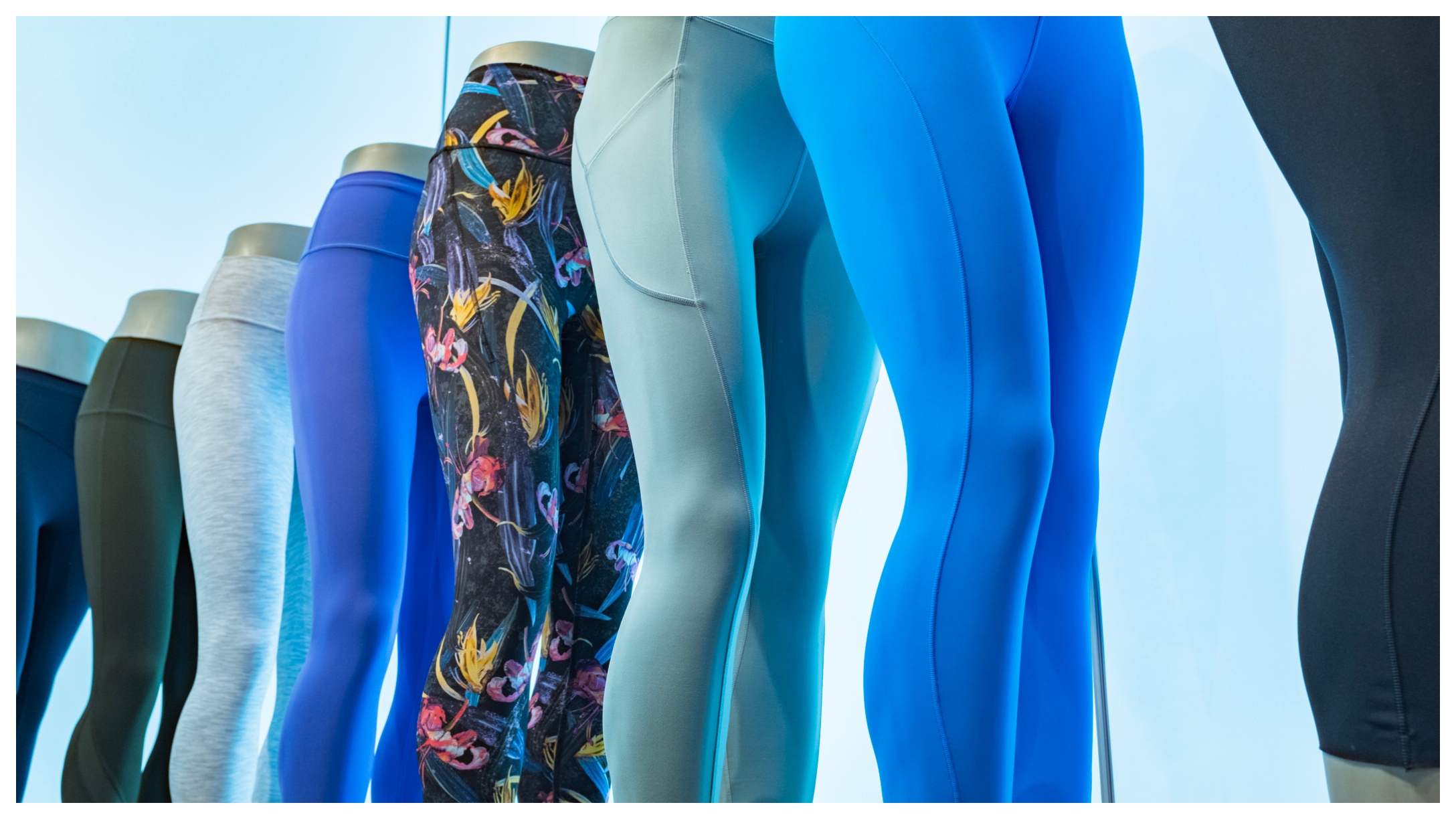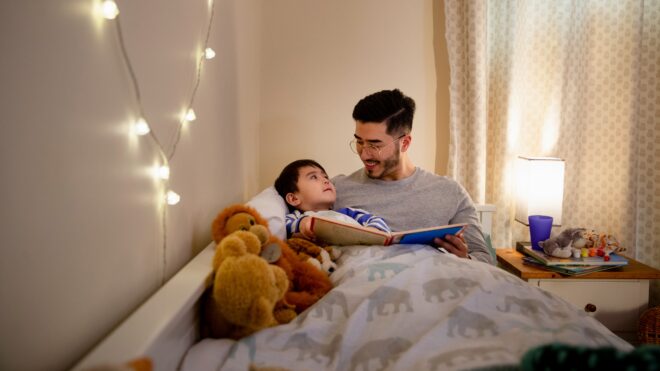
Everything that’s old is new again or so the saying goes. Unfortunately this also applies to toxic social media trends. In the 2010s, young people were obsessed with thigh gaps. This meant the tops of your thighs did not touch when your legs were together. The youth of today have rediscovered this notion and given it a rebrand, dubbing it legging legs.
Many millennials and concerned adults see the danger in this because they lived through it already. They worry that this will negatively impact young people’s mental health. It could even lead to a rise in eating disorders.
The hashtag #legginglegs is trending on TikTok. In the popular posts which have been viewed over 33 million times young women proudly show off their thigh gaps. They believe thigh gaps are an essential accessory to leggings.
Nutritionist Kathrine Kofoed is horrified by this. “Seeing the trend ‘legging legs’ hit the internet as a repackaged thigh gap of the 2000s,” she bemoaned. “So many girls I knew in high school got [eating disorders] trying to have a thigh gap.”
More from LittleThings: Here's How Social Media Affects The Day-To-Day Lives Of Our School-Aged Children
Millennial content creator Shannon Cole is also outraged. She voiced her opinion in a TikTok video that has been viewed over 611,000 times. “I’m speaking on behalf of my generation. We went through this [expletive], we were traumatized by this [expletive], and now there are young women that are making these posts about [expletive] legging legs,” she lamented. “Are you kidding me?”
Shannon and Kathrine’s fears are not unfounded. Young girls begin to worry about their weight between the ages of 6 and 10. By the age of 14, 70% of teenage girls are already dieting. As a result of this, 12% of teenage girls go on to develop an eating disorder.
Texas-based dad Jon Sayah believes social media was a contributing factor in his eldest daughter Lucy’s anorexia nervosa. During the pandemic, she spent numerous hours on different platforms and learned some harmful lessons. “She is just getting better now,” Jon explained. “Social media provided detailed strategies on eating less, strategic foods to eat, behaviors to avoid the professional check-ins, and most important what her friends were doing and what she was missing or not included.”
Lucy is now 20 years old and a sophomore at Northwestern University. She agrees with her father’s take on the situation and has some advice of her own. “Social media has caused me to constantly compare myself to others online and has greatly contributed to the onset of my anorexia nervosa,” she began.
“I would encourage parents, especially of young teens, to set boundaries with their children on social media use and time spent as it can have an extremely negative and maladaptive impact,” she went on to say. “Social media does not allow children and young teens to live in the present and instead forces them to view false realities of other individuals’ lives, which has the potential to be harmful.”
Thankfully, many are speaking out about the disastrous legging legs trend. TikTok has banned searches for it, redirecting users instead to a phone number for the National Alliance for Eating Disorders. Hopefully, people everywhere can disregard the pressures of society and focus on being healthy.







